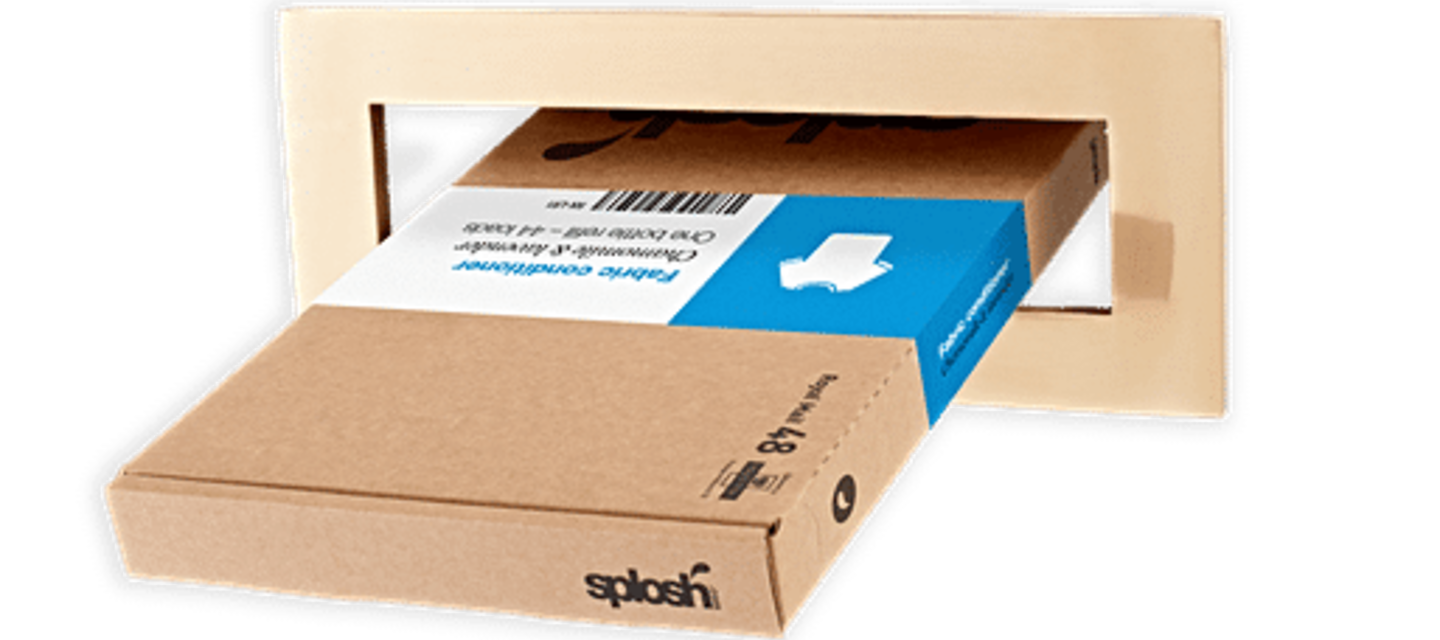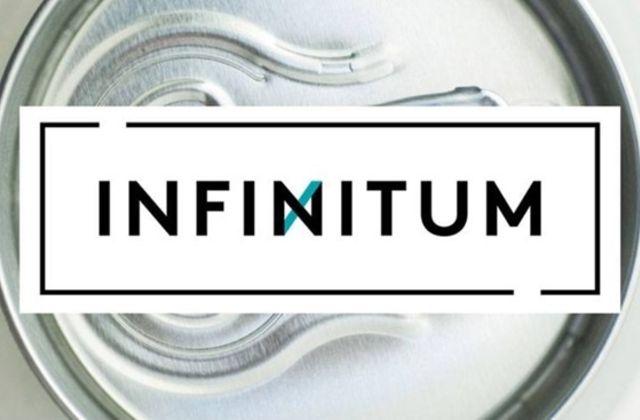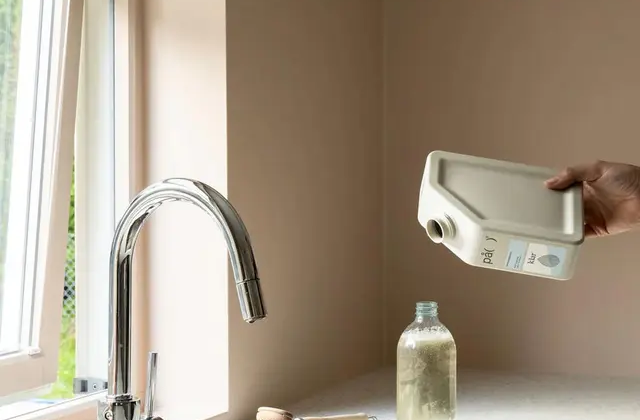What is it? Splosh delivers consumer goods for cleaning and personal care in refillable packaging as it believes that “refilling is better than recycling”. You can order refillable bottles online, and order refills online when running low on supplies. You can also subscribe and receive products at a discount (Splosh, 2021a).
Why is this important? Since the 1950s, 8.3 billion metric tons of plastics have been produced, of which half of that in the past 15 years alone (NRDC, 2021). While historically, most of the household waste consisted of organic food waste, this has changed since the Second World War when new types of packaging entered households to extend the shelf-life of products with the aim to reduce food waste (Zero Waste Europe, 2020). Worldwide, we produce about 300 million tons of plastic each year, half of which is for single-use items (NRDC, 2021). In Europe alone, packaging represents 36% of municipal solid waste (Zero Waste Europe, 2020). Therefore, plastic waste prevention through reusable packaging is one key strategy to prevent unnecessary waste (NRDC, 2021).
Main resource strategy: Slowing the loop by making sure packaging get used over and over through a take-back and a subscription model. After use, empty packaging pouches are returned where they can be reused or upcycled into new products.
Other resource strategies: Closing the loop, potentially, if materials are recycled at the end of the product’s lifetime.
Business model aspects:
- Value Proposition: refillable, cruelty free, vegan, home and personal care products
- Value Creation & Delivery: a buy or subscription model via the Splosh website of individual products or ‘starter boxes’, which contain a mix of products. You can buy refillable products and refills on the Splosh website. When subscribing to refills on regular intervals (every 2-20 weeks) you receive a 10% discount on the refills. Refill pouches can be sent back to Splosh. They are reused where possible: they are cleaned and refilled and sod as Crinkly pouches, which come at a 10p discount (Splosh, 2021c). Pouches that cannot be reused are turned into new products – through volumes and collecting the same type of material in the same colour, the pouches can be upcycled more easily into new products (Splosh, 2021c).
- Value Capture: The model works as an online grocery, which provides discounts e.g., on postage for ordering 3 or more refills, for subscriptions, and for business accounts. Revenue streams come from regular product and refill sales, plus an option for a subscription model. Kitchen cleaner refills start at 84p a bottle. It also has a value range and offers SuperSize refills: its compostable laundry powder refill bag allows for 88 washes, costing from 13p a load (Splosh 2021b).
Business model experimentation practices: Splosh has been tweaking and experimenting with its products and business model since its launch in 2012.
Sustainability outcomes: Splosh’ refill pouches are estimated to cut plastic waste by around 95% (Splosh, 2021d). Customers can return them so they can be reuse as pouches or upcycled into new products.
Sources:
NRDC (Natural Resources Defense Council) (2021). Single-Use Plastics 101. Available at: https://www.nrdc.org/stories/single-use-plastics-101 (accessed 11 May 2021)
Splosh (2021a) Website. https://www.splosh.com (accessed 11 May 2021)
Splosh (2021b) green products don't have to cost more. Available at: https://www.splosh.com/great-value (accessed 11 May 2021)
Splosh (2021c). No plastic waste. Available at: https://www.splosh.com/about-us/zero-waste (accessed 11 May 2021)
Splosh (2021d). Why Splosh? Available at: https://www.splosh.com/about-us/why-splosh (accessed 11 May 2021)
Zero Waste Europe. (2020). Reusable Vs. Single Use Packaging: A Review of Environmental Impact. Accessed 11 May 2021 at: https://zerowasteeurope.eu/wp-content/uploads/2020/12/zwe_reloop_report_reusable-vs-single-use-packaging-a-review-of-environmental-impact_en.pdf.pdf_v2.pdf
***
About project Circular X
Project Circular X is about ‘Experimentation with Circular Service Business Models’. It is an ambitious research project funded by the European Research Council (ERC) which supports top researchers from anywhere in the world. Project CIRCULAR X runs from 2020-2025. The project is led by Principal Investigator (PI) Prof Dr Nancy Bocken, who is joined by a multidisciplinary team of researchers at Maastricht Sustainability Institute (MSI), Maastricht School of Business and Economics, Maastricht University. The project cooperates with businesses who want to innovate towards the circular economy.
Project Circular X addresses a new and urgent issue: experimentation with circular service business models (CSBMs). Examples of such new business models include companies shifting from selling products to selling services and introducing lifelong warrantees to extend product lifetimes. However, CSBMs are far from mainstream and research focused on experimentation is little understood. The research aims to conduct interdisciplinary research with 4 objectives:
- Advancing understanding of CSBMs; their emergence and impacts
- Advancing knowledge on CSBM experimentation
- Developing CSBM experimentation tools
- Designing and deploying CSBM experimentation labs
Funding source
This project has received funding from the European Research Council (ERC) under the European Union’s Horizon 2020 research and innovation programme, grant agreement No. 850159.
Using of this information
When you refer to this case, please use the following source:
Circular X. (2021) Case study: Splosh reusable packaging and subscription. Accessed from www.circularx.eu



